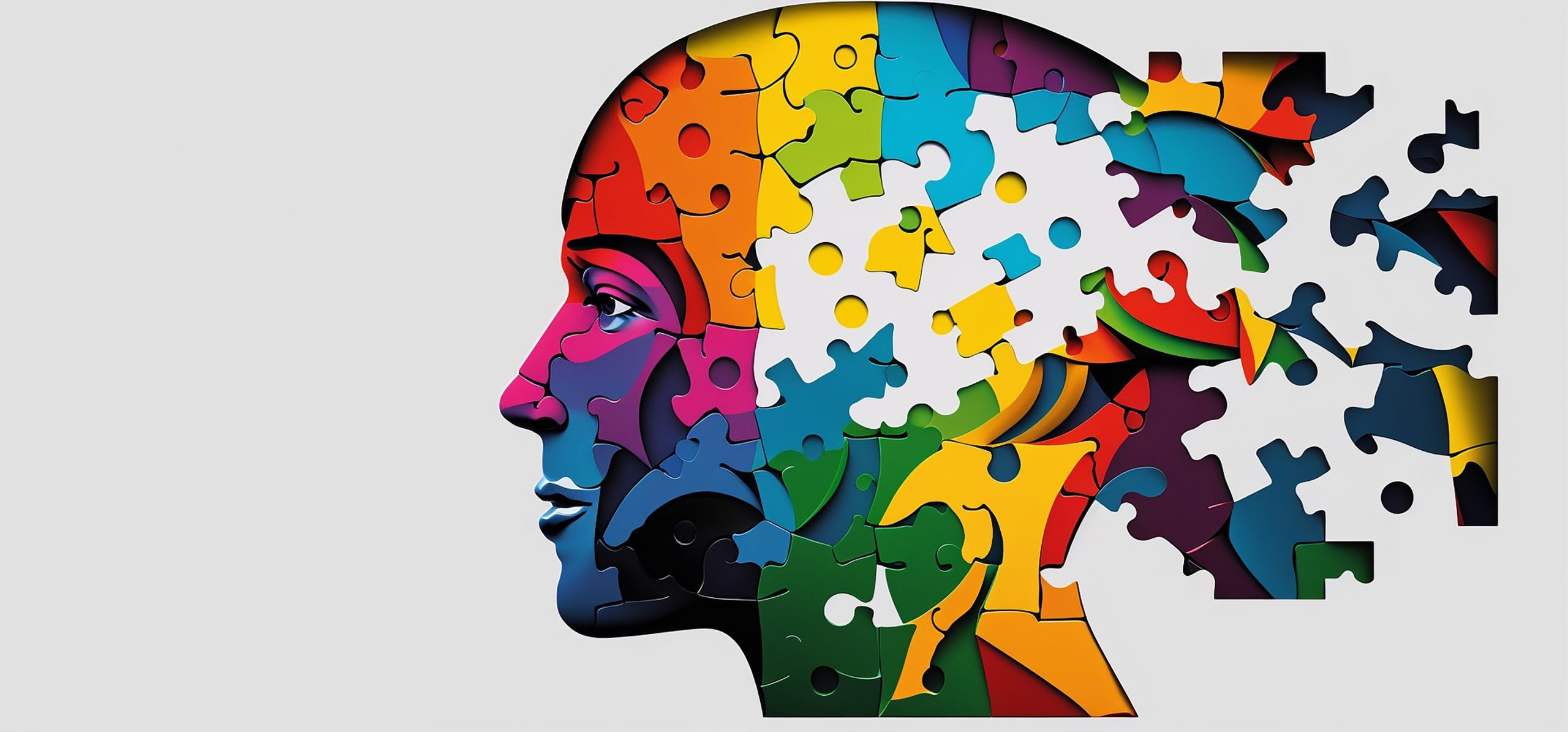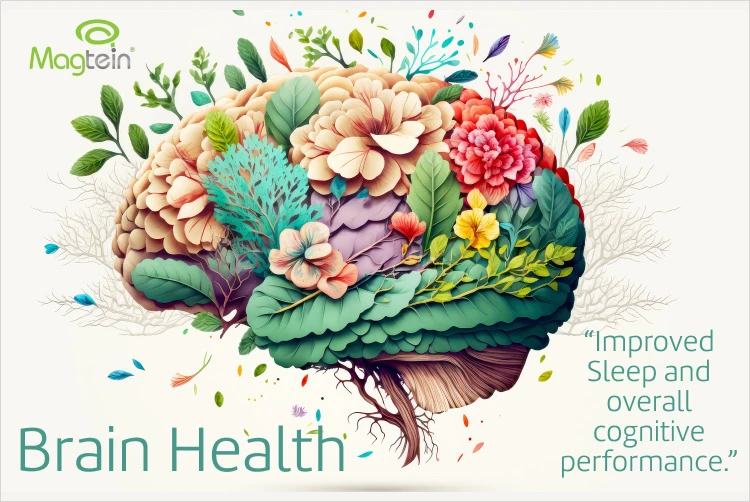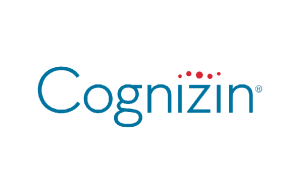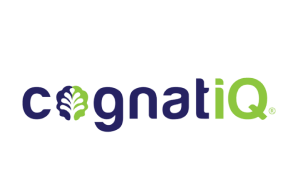Citrin® by Sabinsa – a potent extract derived from Garcinia cambogia with promising potential for weight management. If you're seeking...

COGNITIVE HEALTH
COGNITIVE HEALTH
Refers to mental well-being and abilities, encompassing memory, attention, problem-solving, learning, overall brain function, and how it impacts daily tasks, decision-making, and quality of life.
Specialty
Ingredients
Specialty Ingredients
Goal OVERVIEW
Welcome to the fascinating world of cognitive health—a multidimensional concept encompassing the mental processes vital for everyday functioning. Cognitive health refers to the optimal state of our cognitive abilities, including memory, attention, perception, reasoning, and problem-solving skills. It is the foundation of our learning, decision-making, and overall mental well-being. Cognitive health involves nurturing our brain’s resilience, supporting neuroplasticity, and providing essential nutrients. Throughout this journey, we’ll explore the fascinating realm of brain function, uncover the latest research, and discover ingredients and strategies to support your cognitive vitality. So, let’s embark on this enlightening quest together!
What You Should Know
While “brain health” and “cognitive health” are closely related goals, there is a slight difference in how people interpret these terms. Brain health also refers to mood and emotional well-being. Cognitive health focuses on cognitive abilities and mental processes. Improving cognitive health aims to enhance cognitive performance, mental clarity, and overall cognitive function.
FOOD FOR THOUGHT
Cognitive health is the foundation of our learning, decision-making, and overall mental well-being. Just like we nourish our bodies with proper nutrition, nurturing our brain’s resilience and supporting its neuroplasticity becomes equally vital. Embracing the fascinating realm of brain function and staying informed about the latest research can empower us to unlock our cognitive potential and lead more fulfilling lives. So, begin a quest towards cognitive vitality, exploring the pathways to optimize our memory, attention, perception, reasoning, and problem-solving skills and open doors to greater self-discovery and a deeper understanding of the intricate workings of your mind.

SHAGANDHA® BY SABINSA
Shagandha® is a standardized powdered extract from the roots of Withania somnifera, commonly known as ashwagandha. Shagandha® offers various health benefits, including reducing stress, anxiety, and insomnia while improving cognitive function, reducing inflammation, and boosting the immune system. It is available in capsules, powders, and teas and is often used in herbal mixtures. Considered to be a breakthrough Adaptogenic.
Sponsored Content
FAQ
Cognitive decline refers to a gradual decrease in cognitive abilities, such as memory, thinking, reasoning, and problem-solving. While some changes in cognitive function are a normal part of aging, severe or rapid decline could indicate a more serious condition.
Here are some common signs of cognitive decline:
- Memory Loss: Forgetfulness is a hallmark sign of cognitive decline. This might involve forgetting recent events, appointments, names, or important details.
- Difficulty with Problem-Solving: Struggling to solve problems, make decisions, or plan once routine tasks can indicate cognitive decline.
- Confusion: Increased confusion about time, place, and people can be a sign. For example, getting lost in familiar places or forgetting where you are.
- Difficulty with Familiar Tasks: Completing previously easy and familiar tasks, such as cooking a meal or managing finance, is challenging.
- Language Problems: Struggling to find the right words, repeating oneself, or having difficulty following or joining a conversation.
- Misplacing Items: Constantly misplacing items and being unable to retrace steps to find them.
- Poor Judgment: Exhibiting poor judgment in situations that require decision-making, such as falling for scams or making unsafe choices.
- Changes in Mood or Personality: Changes in mood, behavior, or personality that are uncharacteristic, such as increased irritability, anxiety, or withdrawal from social activities.
- Difficulty Recognizing Faces: Struggling to recognize familiar faces, including those of family and friends.
- Difficulty in Performing Spatial Tasks: Having trouble with spatial awareness and visual perception, such as judging distances or reading a map.
- Challenges with Learning New Information: Difficulty learning new things, whether it’s new technology, instructions, or concepts.
- Difficulty Multitasking: Struggling to manage multiple tasks simultaneously and becoming easily distracted.
It’s important to note that occasional lapses in memory or cognitive function are normal and can happen to anyone. However, if you or a loved one experience consistent and noticeable changes in cognitive abilities that interfere with daily life and independence, it’s recommended to seek medical evaluation. These changes could be due to various conditions, including mild cognitive impairment (MCI) or dementia, such as Alzheimer’s. An early diagnosis can lead to better management and intervention strategies. If you’re concerned about cognitive decline, consult a healthcare professional for a proper assessment.
Improving cognitive health involves a combination of lifestyle habits, mental activities, and proper self-care. While some cognitive decline is a normal part of aging, there are steps you can take to support brain health and maintain cognitive function.
Here are some of the best ways to improve cognitive health:
1. Stay Physically Active:
- Regular exercise promotes healthy blood flow to the brain and supports the growth of new neurons. Aim for a mix of aerobic and strength training exercises.
2. Maintain a Balanced Diet:
- Eat a diet rich in fruits, vegetables, whole grains, lean proteins, healthy fats (such as omega-3 fatty acids), and antioxidants.
- Foods like fatty fish (salmon, mackerel), berries, nuts, and leafy greens are particularly beneficial for brain health.
3. Stay Mentally Active:
- Engage in activities that challenge your brain, such as puzzles, word games, crosswords, Sudoku, reading, and learning new skills.
4. Get Adequate Sleep:
- Prioritize getting 7-9 hours of quality sleep each night to support memory consolidation and overall brain function.
5. Manage Stress:
- Chronic stress can adversely affect cognitive health—practice stress-reduction techniques such as meditation, deep breathing, yoga, or mindfulness.
6. Socialize Regularly:
- Engaging in social activities and maintaining social connections can help keep your mind active and reduce the risk of cognitive decline.
7. Stay Hydrated:
- Dehydration can affect cognitive function. Drink enough water throughout the day to stay properly hydrated.
8. Limit Alcohol Consumption:
- Excessive alcohol intake can impair cognitive function. If you drink, do so in moderation.
9. Avoid Smoking:
- Smoking is linked to cognitive decline. If you smoke, consider quitting.
10. Stay Curious and Learn Continuously:
- Embrace a lifelong learning mindset. Pursue hobbies, interests, and activities that challenge your brain.
11. Practice Mindfulness and Meditation:
- Mindfulness and meditation techniques can help improve focus, reduce stress, and enhance cognitive function.
12. Maintain Cardiovascular Health:
- Heart health and brain health are closely linked. Manage conditions like high blood pressure, high cholesterol, and diabetes to support cognitive function.
13. Protect Your Head:
- Prevent head injuries by wearing helmets during activities that risk head impact, such as biking, skating, or playing contact sports.
14. Stay Engaged and Purposeful:
- Engage in activities that give you a sense of purpose and fulfillment. This can contribute to mental well-being.
15. Regular Health Checkups:
- Regularly check in with your healthcare provider to monitor your overall health and address any medical conditions affecting cognitive function.
Remember that a combination of these factors is crucial in supporting cognitive health. Small, consistent daily routine changes can add to significant improvements over time. It’s also important to recognize that cognitive health is influenced by genetics, lifestyle, and environment, so that individual results may vary.
While maintaining a healthy lifestyle through proper nutrition, regular exercise, and mental engagement is the foundation for cognitive support, some supplements have been studied for their potential benefits in promoting brain health. It’s important to note that the effectiveness of supplements can vary from person to person, and consult a healthcare professional before adding any supplements to your routine is recommended.
Here are three supplements that have shown promise for cognitive support:
1. Omega-3 Fatty Acids:
- Omega-3 fatty acids, particularly docosahexaenoic acid (DHA) and eicosapentaenoic acid (EPA) are essential for brain health.
- They play a role in maintaining the structure and function of brain cells and supporting communication between brain cells.
- Sources: Fatty fish (salmon, mackerel, sardines), fish oil supplements, algae-based supplements.
2. B Vitamins, Specifically B6, B9 (Folate), and B12:
- B vitamins are involved in various processes that support brain health, including producing neurotransmitters and reducing homocysteine levels (elevated levels are associated with cognitive decline).
- Low levels of B vitamins have been linked to cognitive impairment and neurodegenerative diseases.
- Sources: Whole grains, leafy greens, nuts, seeds, legumes, lean meats, eggs, dairy products. Supplements might be recommended for individuals with deficiencies.
3. Ginkgo Biloba:
- Ginkgo biloba is an herbal supplement derived from the ginkgo tree leaves.
- It is believed to improve blood flow to the brain, provide antioxidant protection, and support cognitive function.
- Some studies suggest that ginkgo biloba might have mild benefits for memory and cognitive performance, especially in older adults.
- It’s important to note that research results on ginkgo biloba’s effectiveness are mixed, and more high-quality studies are needed.
Remember that a balanced diet, regular exercise, sufficient sleep, mental engagement, stress management, and other lifestyle factors are crucial in maintaining cognitive health. An honorable mention goes to ashwagandha, and you are encouraged to research a number of ashwagandha-based specialty ingredients found on our Ingredients main page. Always consult a healthcare professional before starting any new supplement regimen, especially if you have existing health conditions or are taking medications.
Related Videos
Articles
Bacopin® is a potent natural ingredient known for its cognitive-enhancing properties. Derived from the Bacopa monnieri plant, Bacopin® stands out...
Assess the effects of Caffeine in Monster energy drinks on the body, identifying its impact, benefits, and potential risks including...




















